
About doctor
Dr. Shaivalini Kamarapu
Gynecologist, Fertility Specialist, Robotics & Laparoscopy Surgeon
About Dr Shaivalini Kamarapu (PCOD Specialist)
- Dr. Shaivalini Kamarapu is a highly experienced PCOD and infertility specialist at AMVI Hospital, Hyderabad, with over 20 years of expertise in women’s reproductive health and hormonal disorder management. She provides comprehensive care for women affected by Polycystic Ovarian Disease (PCOD) across different age groups.
- She specialises in the diagnosis and treatment of PCOD, offering personalised and evidence-based care for women experiencing irregular menstrual cycles, hormonal imbalance, weight gain, acne, excessive hair growth, and PCOD-related infertility.
- Her clinical expertise includes early identification of PCOD, detailed pelvic ultrasound evaluation, hormonal profiling, metabolic assessment, and fertility evaluation to determine the effect of PCOD on ovulation and reproductive potential.
- Dr. Kamarapu is highly skilled in medical management of PCOD, including menstrual cycle regulation, ovulation induction therapy, insulin resistance management, and long-term hormonal balance treatment.
- She has extensive experience in managing complex PCOD cases, including severe hormonal imbalance, recurrent anovulation, infertility associated with PCOD, and patients with previous treatment or fertility failures.
- Known for her ethical, patient-centred approach, she offers transparent counselling, realistic expectations, and customised treatment plans that may include lifestyle modification, medical therapy, ovulation support, or assisted reproductive techniques such as IUI or IVF.
- In addition to her role at AMVI Hospital, Dr. Shaivalini Kamarapu is also a Consultant at Rainbow Hospitals, Apollo Hospitals, and Ankura Hospitals, making her a trusted specialist for PCOD treatment in Hyderabad.



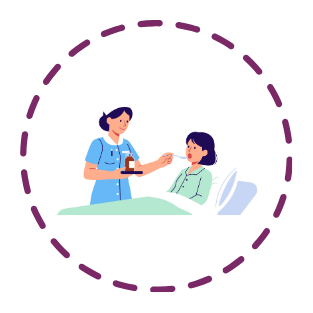
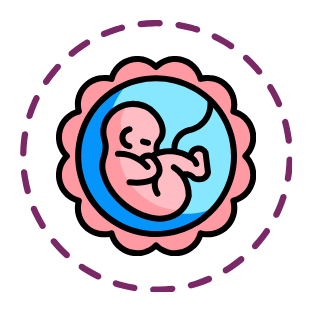
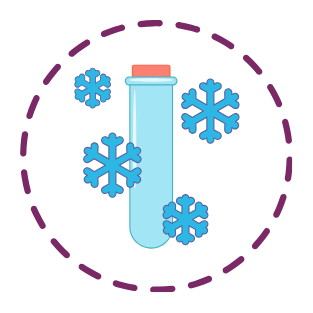
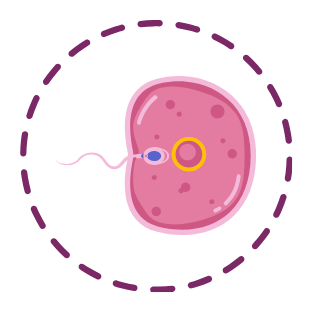
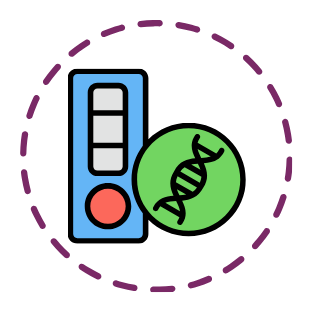

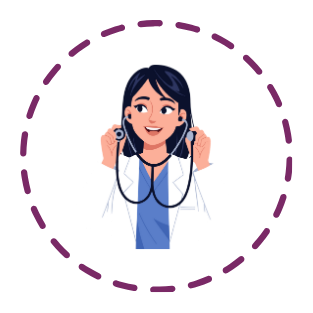
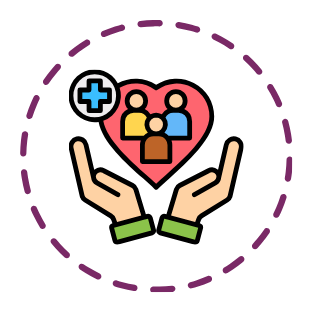
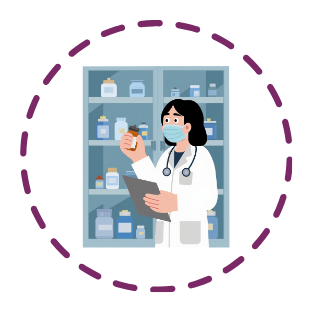
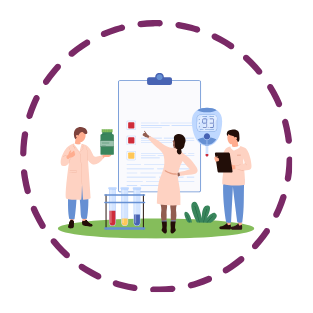
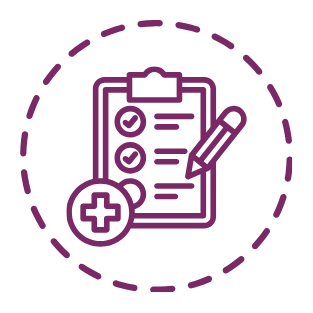
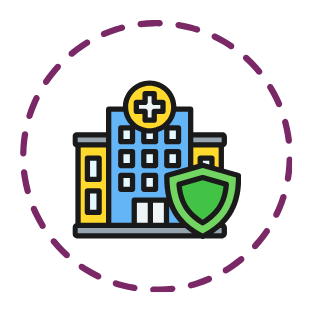
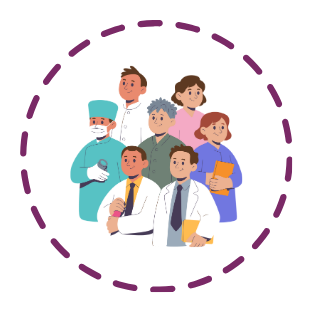
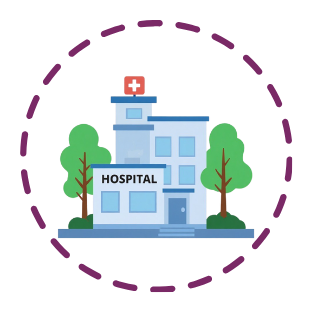
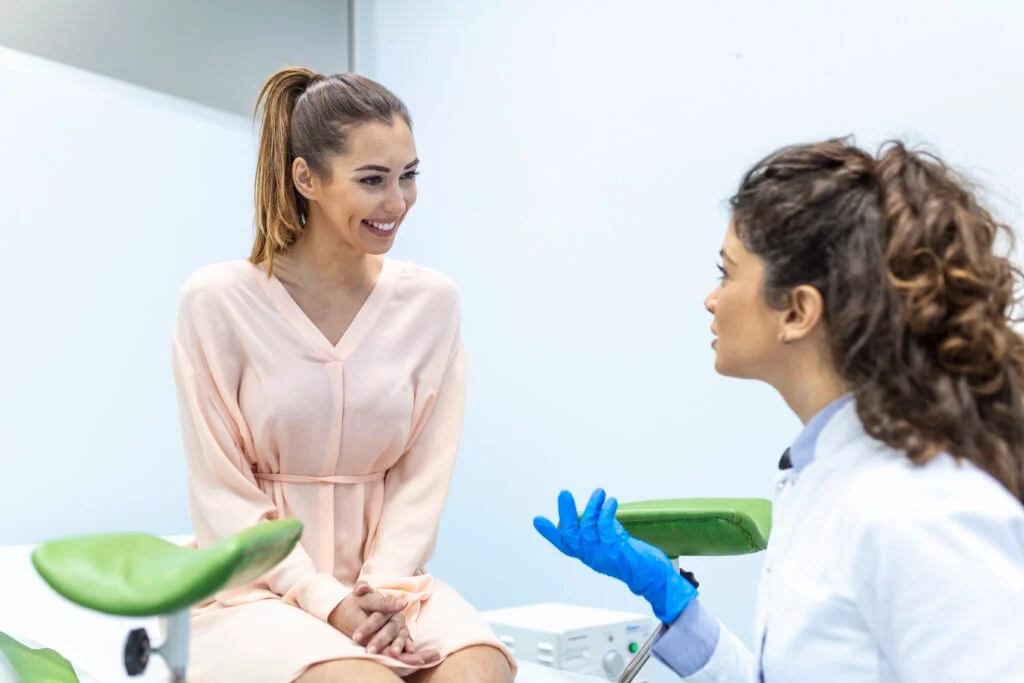

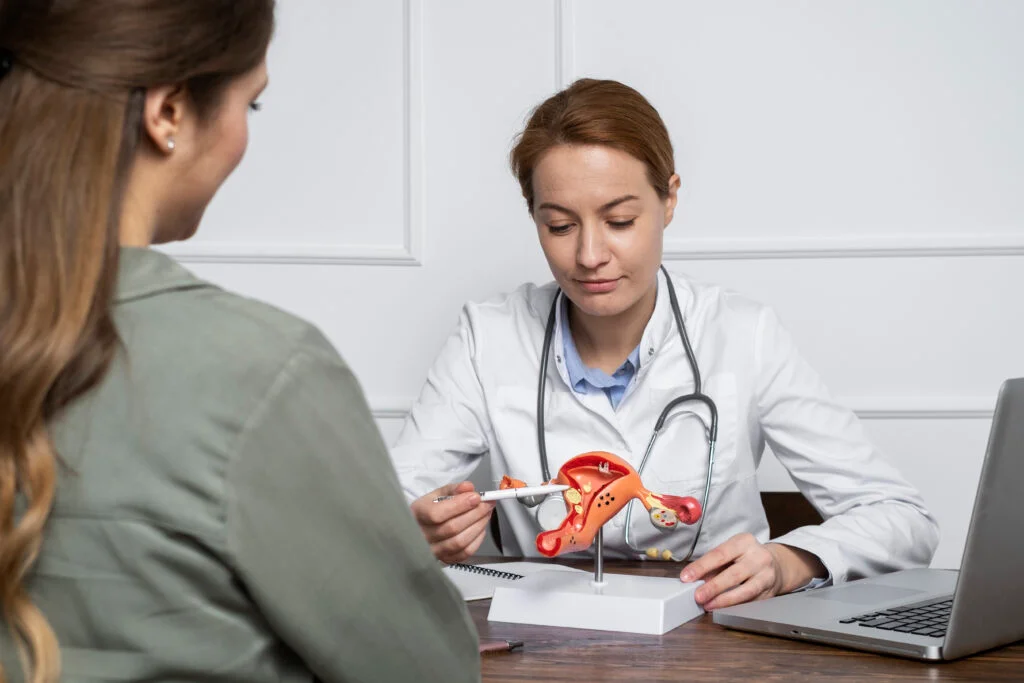
I visited AMVI Hospital in Hyderabad for PCOD treatment after suffering from irregular periods for a long time. The doctors explained my condition very clearly and guided me properly. I saw good improvement within a few months. AMVI Fertility and Maternity Centre in Attapur is one of the best hospitals in Hyderabad.
Sravani Reddy